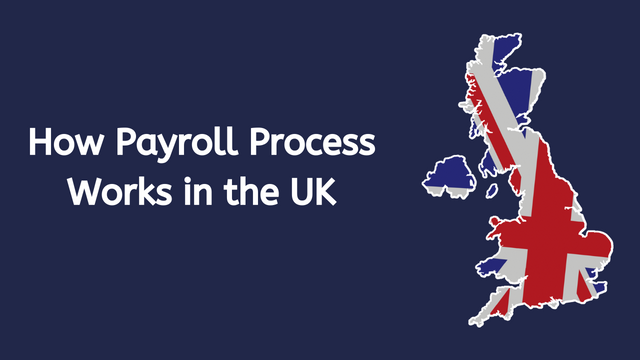how the Payroll accounting works in the UK ?
Payroll accounting can be a challenging task and boring, frankly. But it is one of the essential tasks that a company needs to consider. Before you understand how the system works in the UK, you should have some basic knowledge about payroll systems. Payroll accounting include everything that has to do with the process of paying employees and filing employment taxes. They are put in place to record the working hours of the employee’s wages and the withholding taxes or other deductions. Software is generally used for payroll and requires the most minor input from employers. Employers just need to input the wages and hours worked, and then the software will use the information automatically to perform the calculation.

Basics about the payroll accounting
The payroll administrator needs to do some detailed planning of the entire payroll process. There is always some work managing ongoing activities that need attention and constant monitoring of changes to contribution tax withholding and other things to consider in this process. Furthermore, payroll is how the companies pay the employees and its design to cover the employee’s wages, the financial records of the pay, and the process of paying any tax corresponding to the HMRC. Payroll is the complete process that handles the employee’s wage and tax in a nutshell. The physical Payout of salaries and taxes is dealt with by pay as you on, which is the UK government scheme regulated by the HMRC.
How can you run monthly payroll smoothly?
Attack month January runs from the 6 of one month to the 5th of another. Each of the tax months, your business will have to complete some actions to ensure that your payroll is correct and also compiled. These actions would be completed using the payroll software. You can research and choose one from the HMRC-approved software website if you do not have payroll software.
- First, you need to record the payment of all the employees, whether it is hourly or salaried.
- It would be best if you calculated all the deductions from the pay, like income tax and National Insurance contribution.
- You need to calculate the amount of National Insurance that you have to pay as an employer. It is a fixed rate of around 13.8% for an employee over 21 years.
- Produce the pay slip for the employees.
- Report all the pay deductions to the HMRC by using the complete payment submission.
You would be sent a balance of what you owe to the HMRC in the online account in just two days. The payment would be due by the 22nd of every month unless you would end up paying €1500 in a month, where you can apply to pay the quarterly payment. You have to pay the penalty charge if you pay incorrect filings or late filings. You can pay the wages for dividends instead if you do not want to use PAYE which distributes the share of the profits to all the shareholders.


